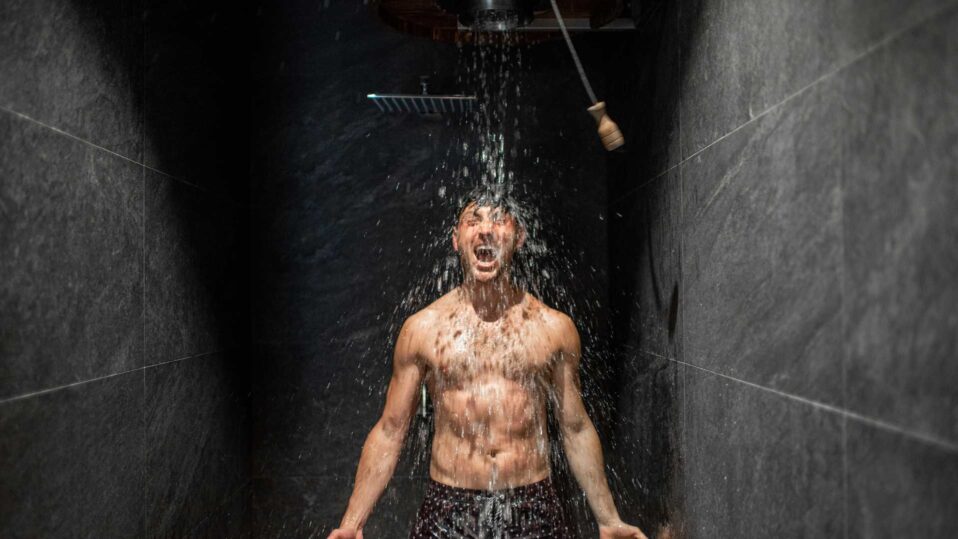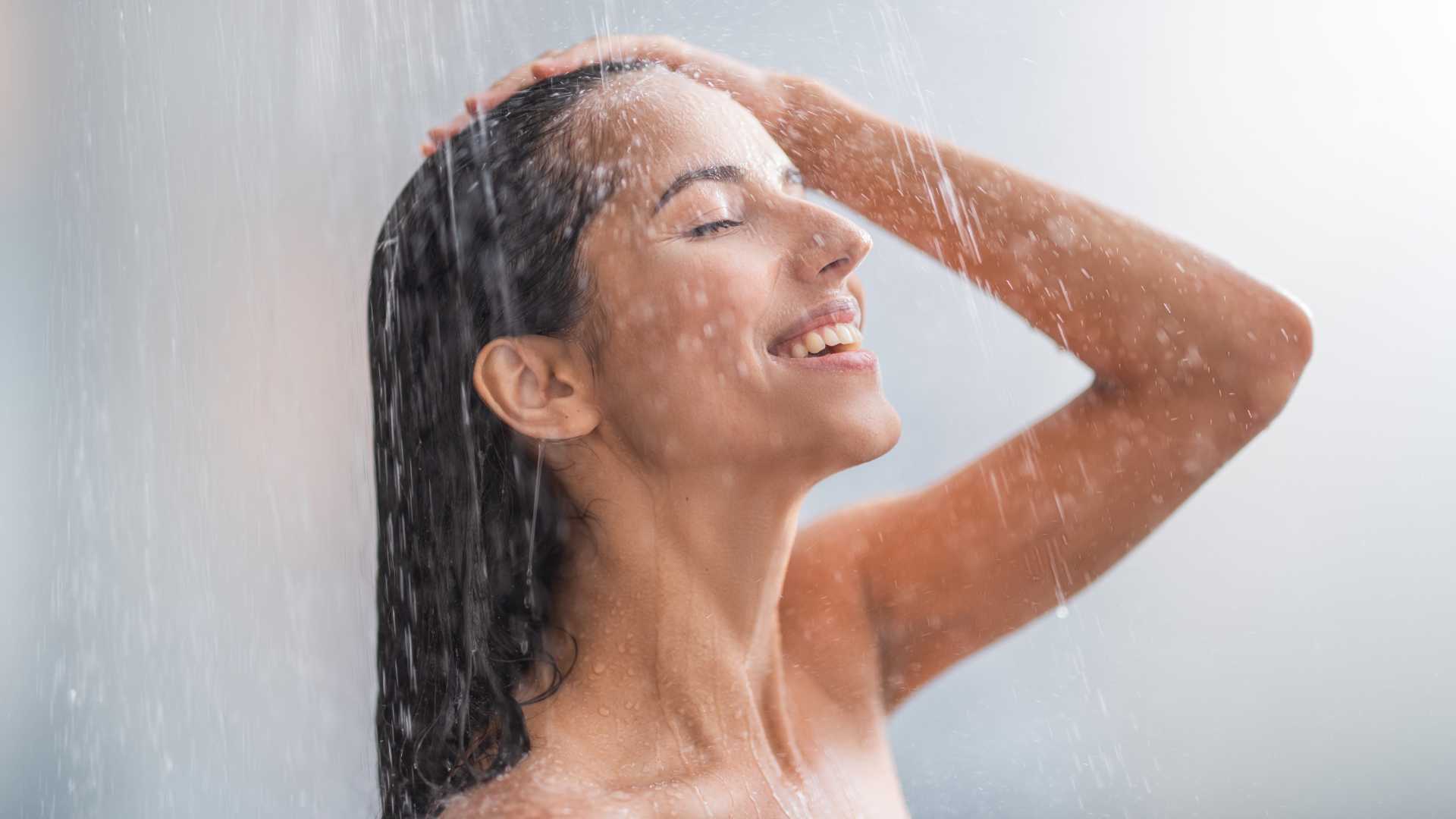How does the Cold Shower Challenge boost mental and physical health?

The cold shower challenge, a phenomenon where participants replace their warm showers with cold ones for a set period, has lately swept across the world. This ritual, often adopted to promote discipline and mental resilience, is also found to have a range of health benefits. From improving blood circulation to alleviating skin conditions and boosting mental health, a cold shower might be the invigorating start to your day that you never knew you needed.
Cold Showers and Physical Health
The idea of willingly stepping into a cold shower might seem intimidating. However, when considering the impact on your physical health, it could be well worth the initial shock. Regular exposure to cold water is reported to offer multiple health benefits, as chronicled by various scholars.
Improve Blood Circulation
One of the main benefits of cold showers is the improved blood circulation. As the cold water hits the body, our natural response is to preserve heat. This leads to the constriction of blood vessels close to the skin’s surface, which pushes the blood toward the core organs. This natural response to cold temperature helps keep our organs warm and improves overall circulation.
Numerous studies, such as those available on PubMed, support this. They demonstrate that exposure to cold water can enhance the oxygen and nutrient supply to various body parts, promoting better overall health.
Boost Immune Response
In addition to improved circulation, cold showers can also stimulate the body’s immune response. A study published in PubMed showed that individuals who took regular cold showers had increased numbers of white blood cells in their bodies. These cells are crucial for the immune response as they fight off infections.
Skin and Hair Health
Cold water is also beneficial for the skin and hair. It helps by closing the pores on the skin, which can reduce acne and blemishes. This is due to the cold temperature’s effect of reducing the skin’s oil production. Similarly, cold water can make hair appear shinier and healthier by tightening the hair cuticles.
Cold Showers and Mental Health
Beyond physical health, the cold shower challenge also appears to have significant impacts on mental health. The exposure to cold water can trigger neurological responses that can help manage stress and anxiety.
Stress Management
When our bodies are exposed to cold, we experience a form of stress. However, regularly subjecting ourselves to this stress in a controlled environment, such as a cold shower, can help us become better at managing stress in general. This process is known as hormesis, where exposure to a low dose of an agent that is harmful in high doses provides health benefits.
Google scholars have found that cold showers can reduce cortisol levels, a stress hormone. Over time, this practice can improve our stress response, helping us manage stressful situations more effectively.
Anxiety and Depression
Cold showers may also help alleviate symptoms of anxiety and depression. A study published on PubMed found that exposure to cold could stimulate the production of beta-endorphins in the brain. These chemicals are known as ‘feel-good’ chemicals because they can produce a sense of happiness and well-being.
Additionally, the shock of cold water can also stimulate the production of noradrenaline, a chemical that can alleviate depression symptoms. This response is thought to be due to the high density of cold receptors in the skin, which send an overwhelming amount of electrical impulses to the brain when exposed to cold water.
Mental Resilience
Finally, participating in the cold shower challenge can build mental resilience. The process of willingly stepping into a cold shower every day is not only physically challenging but also mentally challenging.
Overcoming the initial discomfort and continuing the routine can increase our willpower and discipline. This can translate into other areas of life, helping us handle adversity more effectively and display resilience in face of various challenges.
By looking at the various ways cold showers can impact our physical and mental health, it is easy to see why this practice has gained popularity. The cold shower challenge serves as a prime example that sometimes, stepping out of our comfort zone, or in this case, stepping into a cold shower, can yield unexpected health benefits. It provides an excellent opportunity to start our day with a revitalizing routine that not only wakes us up but also boosts our overall health.
The Wim Hof Method in Cold Showers
The Hof method, named after Wim Hof, also known as “The Iceman”, has contributed to the popularity of the cold water immersion. This Dutch extreme athlete holds several world records for his feats of endurance and resistance in extremely cold temperatures. Hof believes that voluntary exposure to cold water can lead to numerous health benefits.
The Hof method incorporates three primary techniques: cold exposure, breathing, and meditation. Cold showers form a central part of this method. Hof suggests starting with a regular, warm shower and then turning the temperature down for the last 30 seconds. Gradually, the time spent under the cold water can be increased.
Proponents of the Hof method argue that it can improve mental health, boost the immune system, and increase energy levels. Cold water therapy, as part of this method, can stimulate the body’s immune response. This is supported by a PubMed article showing an increase in white blood cells after regular cold exposure. This response helps to fight off infections, contributing to overall health.
Additionally, Hof’s method suggests that cold showers can lead to a significant improvement in mental health, notably stress management, anxiety, and building mental resilience. The exposure to cold activates the body’s stress response in a controlled environment, contributing to improved stress management over time.
Cold Showers: A Simple Path to Better Health
In conclusion, the benefits of cold showers are multifaceted, impacting both physical and mental health. Cold water exposure can lead to improved blood flow, bolstered immune system, and healthier skin and hair. Moreover, it can contribute to enhanced stress management, alleviation of symptoms associated with anxiety and depression, and increased mental resilience.
Despite the initial discomfort, the regular practice of cold showers, as illustrated by the Wim Hof method, can lead to substantial health benefits. This simple change in daily routine can provide an invigorating start to each day, an enhanced ability to handle stress, and improved overall health.
As research continues to support these findings, the popularity of the cold shower challenge is likely to grow. The challenge serves as a reminder that sometimes, the path to better health might be as simple as stepping into a cold shower.
The cold shower challenge is not just about enduring the cold; it’s about embracing a practice that can lead to a healthier, more resilient self. So next time you step into the shower, consider turning down the temperature. Your body and mind might thank you for it.

